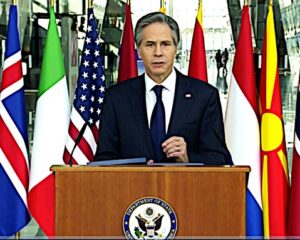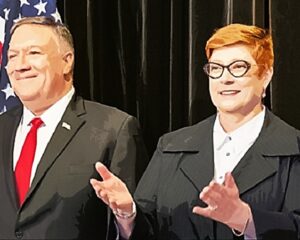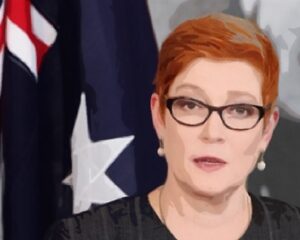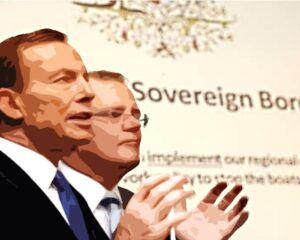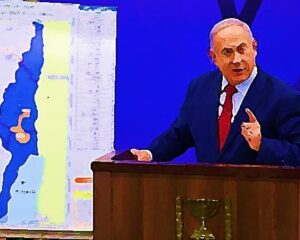US Secretary of State Antony Blinken addressed NATO members in Brussels on Wednesday 24 March 2021 calling on them to work with the US to counter China. However in a shift of tone from that of recent weeks, he also said that the US “won’t force allies into an ‘us-or-them’ choice with China,” and acknowledged that the US knows “that our allies have complex relationships with China that won’t always align perfectly”.
Read more